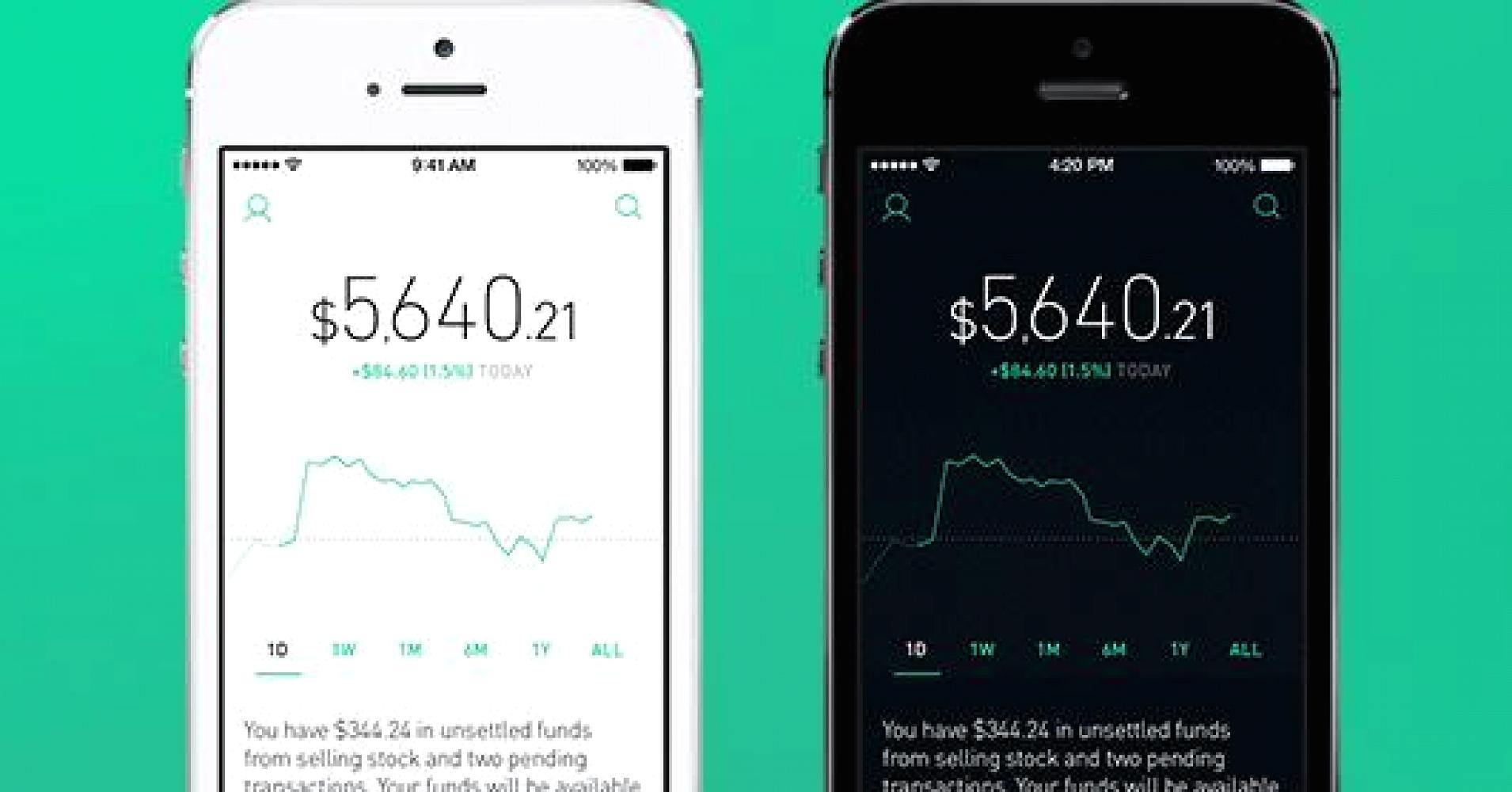
Who says you need a large sum of cash and fancy investors with dispensable advice to start trading stocks?
Baiju Bhatt and Vlad Tenev are two people who certainly don’t believe that idea. Together, they co-founded a stock trading app that thinks outside the conventional wisdoms and methods seen in today’s financial sector. Bhatt and Tenev believe in an alternative form of trading that’s more inclusive, so they created Robinhood, a new online trading app that doesn’t charge you per trade, like other trading companies that normally do. They’ve experienced growing success since its creation, and the app is poised to continue growth into international markets.
Today’s economy demands more outside-the-box thinking. Creative ideas are more important than ever before. But an app that doesn’t charge commissions on each trade? How does it make money if they aren’t charging per trade? The answer is gold. According to the article by TechCrunch “A Gold subscription lets users borrow up to double the money in their account to trade on margin with leverage, plus skip the three-day waiting period for deposits and make trades instantly. Gold costs $6 to $15 per month for smaller account sizes and less borrowing power, while higher prices up to $200 per month let people borrow up to $50,000.”
Robinhood also collects some interest on the money in users’ accounts, but overall Robinhood has redistributed hundreds of millions to users. It’s an aptly named app, taking money from big investor firms and putting it back in the hands of the people.
It’s not everyday you see a financial company grow like an internet company, and Robinhood is just getting started. They’re looking to break into international markets, and have already made efforts in China and Australia. They’re also working on creating a referral program to get people interested in trading, challenging the perception that you have to have money or investor experience to trade. Of course, regulatory climates and market turbulence are still a concern for the startup, but the future looks promising for Robinhood, and we’re curious to see how successful this app will be.